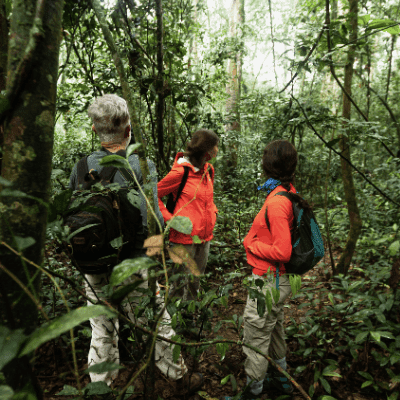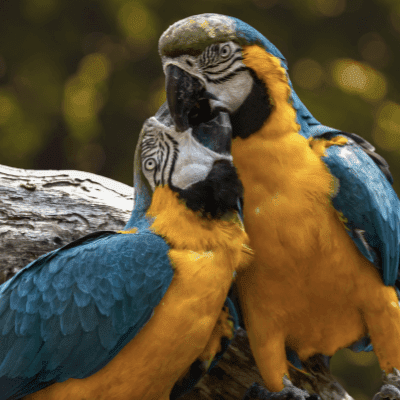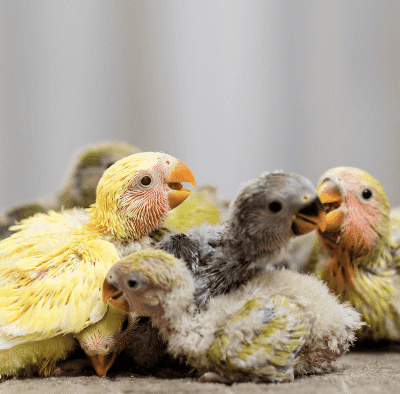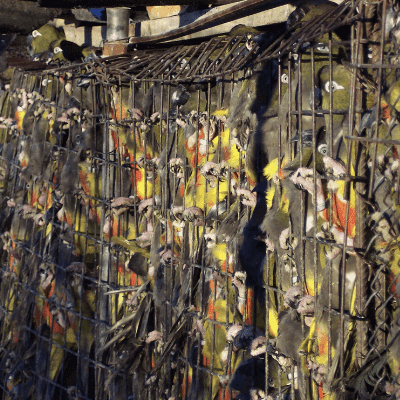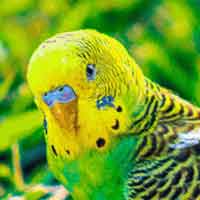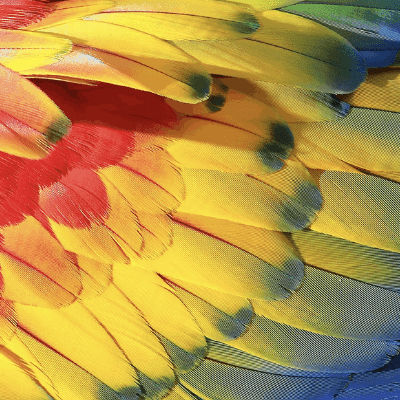Position Statement: Keeping and Breeding Parrots
Although most people find parrots to be delightful, beautiful, and engaging animals, this doesn’t necessarily make them good candidates for sharing their lives with them. Indeed, most people lack the space, the time and the knowledge to provide a parrot what it needs to live a happy and healthy life. Still, there are millions of people around the world who do share their lives with parrots, and many of these birds live rich, stimulating, and healthy lives.
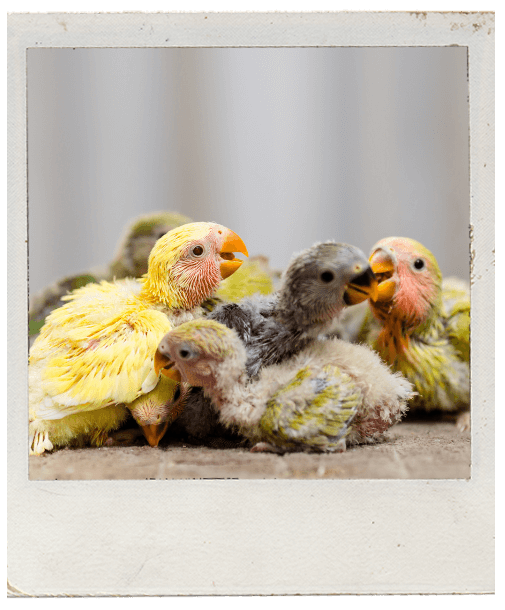
Millions of people around the world successfully share their lives with parrots
Position Statement: Keeping and Breeding Parrots (cont’d)
Often these companion parrots live longer than they might have in the wild, and the people who care for them experience all the joys, frustrations, and enrichment which come with sharing their lives with these fascinating animals.
.
Although people have kept parrots for centuries, it’s only in the past few decades that we as a society have learned about most parrots’ needs - physical, social, and medical - such that we are now able to provide well for these birds in companion care.
From old ways of thinking to new perspectives
In the past, nearly every culture that was fond of keeping parrots was quite comfortable doing so, even though the birds themselves were generally treated as cut flowers – kept alive and pretty as long as possible without much thought to their real biological requirements, or even the possibility of breeding. As we have become aware of just how intelligent and long-lived these birds can be, and as we’ve developed a deeper understanding of their complex needs, there is a growing trend in western nations for keepers to feel guilty about sharing their lives with parrots. Thus, we’ve gone from keeping everything imaginable in a cage for our amusement, to many conscientious parrot lovers feeling that there should be no birds in captivity at all.
While we respect that viewpoint, we at the World Parrot Trust take a broader perspective. In our collective experience, there are many parrots that are very well cared for in captivity: they live stimulating, healthy, fear-free and often very long lives. On the flip side, they very much enrich caregivers' lives in many and profound ways. Perhaps more importantly, as a result of our being captivated by them, the WPT has a deep appreciation for these creatures and is powerfully motivated to save both the parrots and their habitats around the world.
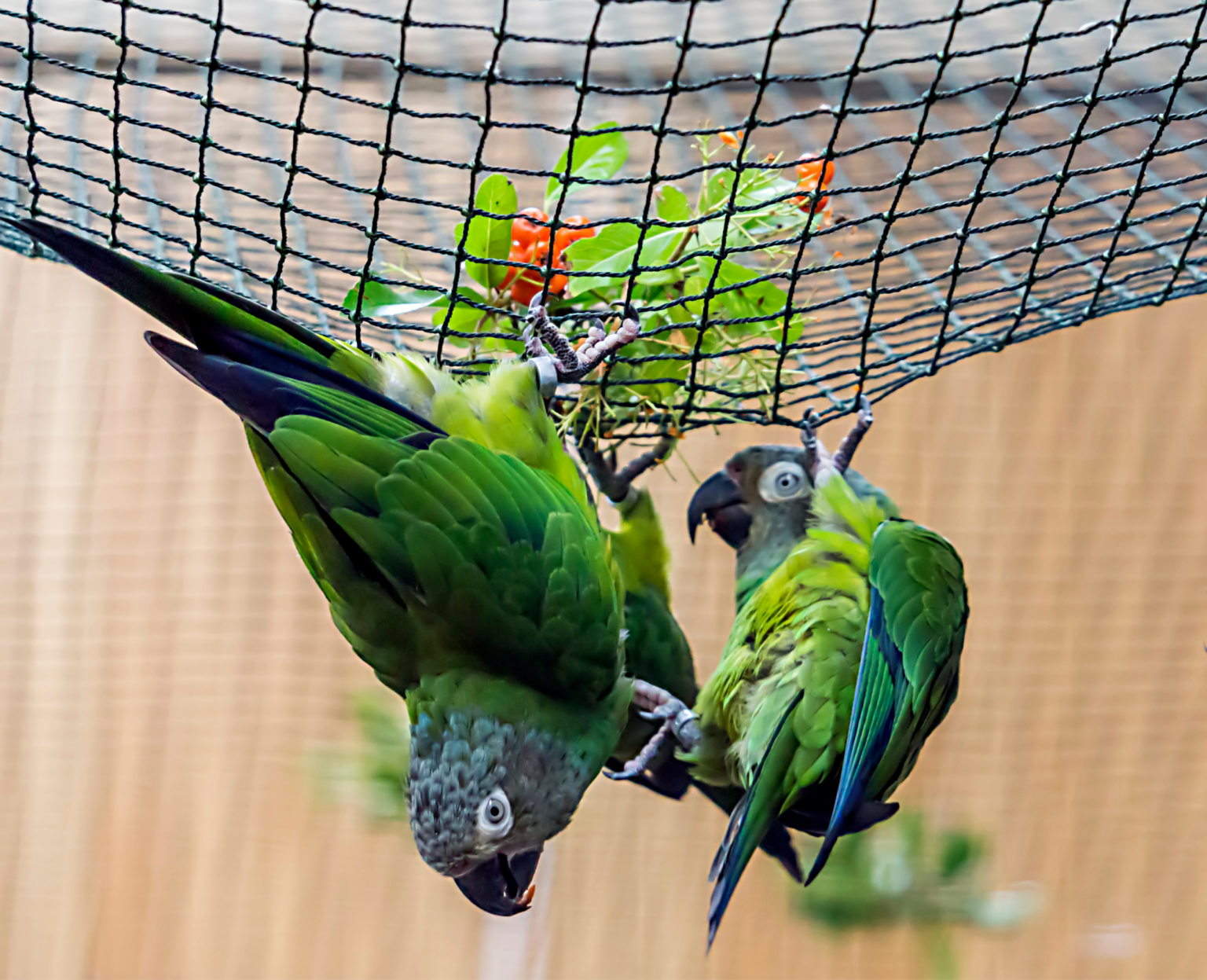
© TomekD76, Getty Images
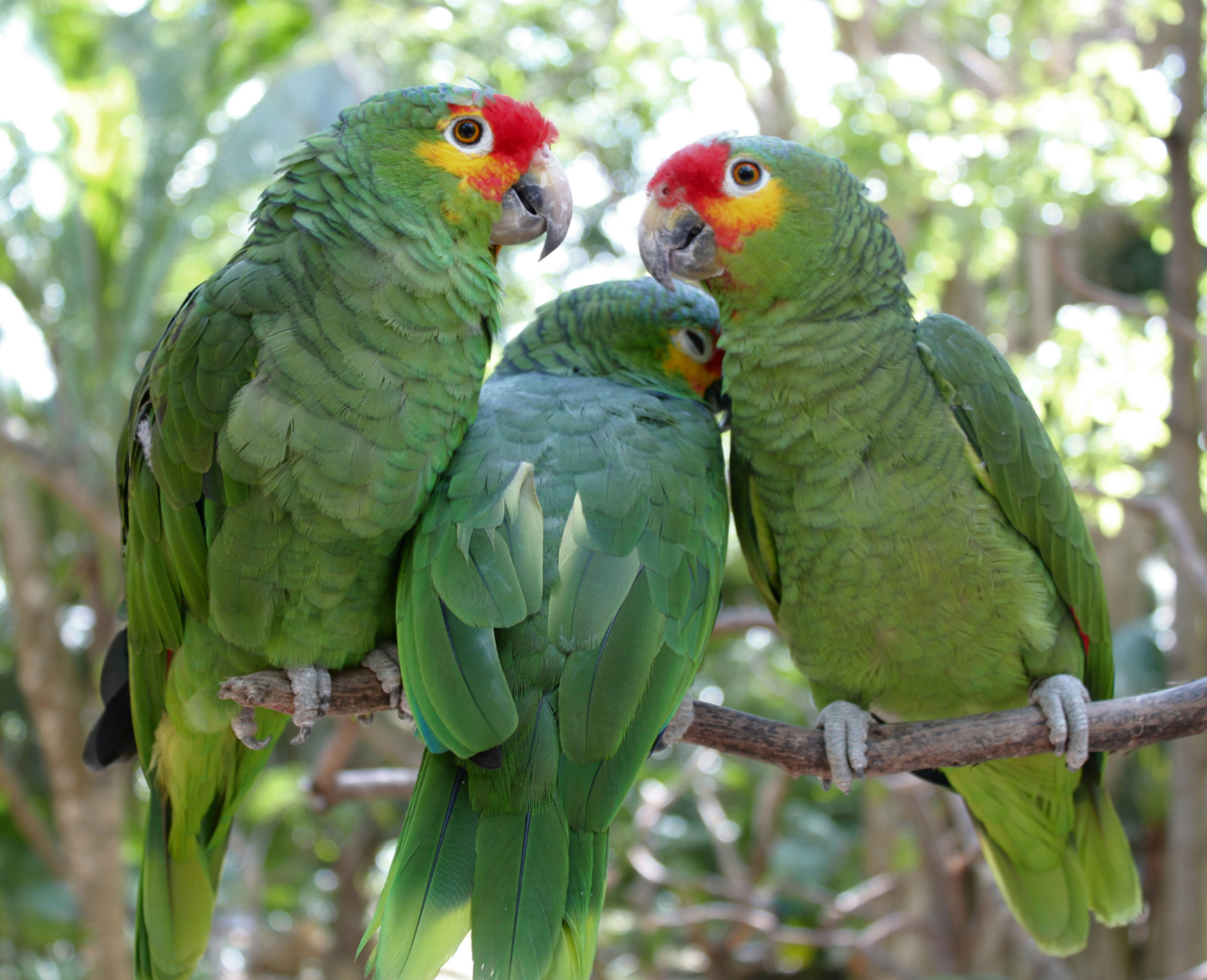
© Anel Ordaz, Getty Images
Responsible aviculture
The concept of 'responsible aviculture' was first conceived of and promoted by the World Parrot Trust, and has gained ground globally, encouraging high standards in avicultural practice and promoting the need to accept a degree of responsibility for the conservation of wild populations, from which all captive birds have sprung. In our view, responsible aviculture is now moving beyond the initial phases of insensitivity and subsequent guilt to a more positive and proactive phase which is compassionate and conscientious. With the right knowledge and experience, many parrot keepers are able to share their lives with parrots in a manner which is mutually beneficial to parrots and people alike. These caregivers and keepers have developed an impressive array of skills and deep practical knowledge of their biological and social needs – and should be as proud of their stunningly beautiful and well-adjusted birds as they are of their ability to care for them.
Moreover, the WPT believes that parrots can be properly raised in captivity to serve the demand for companion birds. We have confirmed through decades of research and practice that captive-raised parrots can live contented and full lives in private homes when well-cared for. With careful preparation they can also be safely and successfully raised for release into areas where they’ve become locally extinct in many parts of the world. Because of these projects, we have and continue to develop effective methods that allow us to reliably start new parrot populations in the wild.
Ending ownership and breeding may in fact severely curtail awareness, appreciation, and respect for these birds, as well as potentially undermining support for their conservation. Having said that, we as conservationists can do a lot to minimize the suffering they endure by eliminating the trade in wild-caught birds, restoring wild populations, and further educating people around the world about how to best care for parrots.
